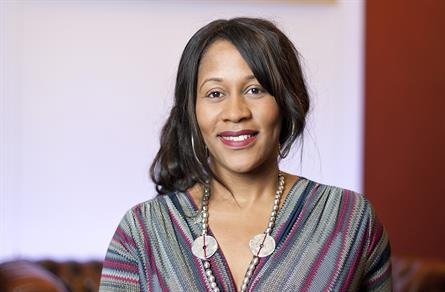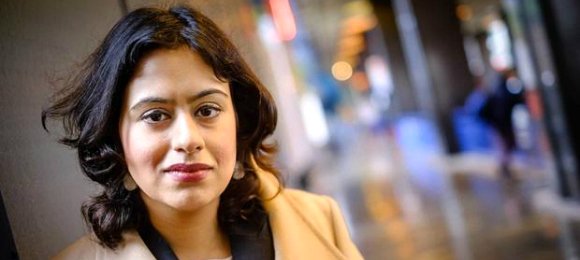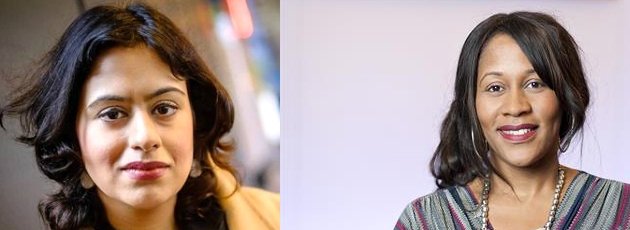- Home
- News & Blogs
- About Us
- What We Do
- Our Communities
- Info Centre
- Press
- Contact
- Archive 2019
- 2015 Elections: 11 new BME MP’s make history
- 70th Anniversary of the Partition of India
- Black Church Manifesto Questionnaire
- Brett Bailey: Exhibit B
- Briefing Paper: Ethnic Minorities in Politics and Public Life
- Civil Rights Leader Ratna Lachman dies
- ELLE Magazine: Young, Gifted, and Black
- External Jobs
- FeaturedVideo
- FeaturedVideo
- FeaturedVideo
- Gary Younge Book Sale
- George Osborne's budget increases racial disadvantage
- Goldsmiths Students' Union External Trustee
- International Commissioners condemn the appalling murder of Tyre Nichols
- Iqbal Wahhab OBE empowers Togo prisoners
- Job Vacancy: Head of Campaigns and Communications
- Media and Public Relations Officer for Jean Lambert MEP (full-time)
- Number 10 statement - race disparity unit
- Pathway to Success 2022
- Please donate £10 or more
- Rashan Charles had no Illegal Drugs
- Serena Williams: Black women should demand equal pay
- Thank you for your donation
- The Colour of Power 2021
- The Power of Poetry
- The UK election voter registration countdown begins now
- Volunteering roles at Community Alliance Lewisham (CAL)
BME Women on UK’s Top Influencers list
This past week, the BBC Radio 4 programme Woman’s Hour revealed its 2015 Power List – a ranking of the most influential women in the UK. The programme’s editor, Alice Feinstein, stated that the goal of this year’s list was to identify women who are working outside of traditional power structures in order to make an impact in British society.
The list was topped by SNP leader Nicola Sturgeon, and other featured women include Katharine Viner, editor-in-chief of The Guardian, Camilla Cavendish, Director of Downing Street policy unit, and Zanny Minton Beddoes, editor-in-chief of The Economist.
Of particular note are two BME women named on this year’s list – Karen Blackett and Sara Khan.
Karen Blackett

Karen Blackett is the CEO of MediaCom UK, one of the largest media buying and planning agencies in Britain. As the chief executive, Blackett oversees £1.2 billion of media billings, directs over 1,000 employees, and led the agency to win more than £119 million of new business in 2014.
Blackett began her career as a media buyer nearly 20 years ago – at a time when the media industry was dominated by white, middle class men. While Blackett said she has been fortunate to have worked for agencies that recognized her talent and potential rather than her race and gender, she emphasizes that a lack of diversity is still largely present. When speaking to The Telegraph, Blackett stated:
“I’m not sure if the headhunters for executive boards realise there is life outside of middle class white England. They need to work harder to find the best talent for the job and not continue fishing in the same pond.”
A survey from 2014 found that the number of non-white employees working at any level within media agencies in the UK only totalled 11.2% of the entire industry’s workforce. Blackett has emphasized how hugely problematic this inequality is for British society. She claims, “If the future of the industry is being able to target the UK you should have a workforce that looks like the kind of people you’re trying to talk to.”
While there is still much work to be done, Blackett has made huge strides through the establishment of an apprenticeship scheme at MediaCom UK. The programme, launched in 2012, currently offers 15 apprenticeships and gives disadvantaged youth an opportunity to break into the media industry.
Sara Khan

Khan is the founder and co-director of Inspire, a counter-extremism and human rights organisation that works to empower Muslim women in the UK. Founded in 2009, Inspire operates several initiatives throughout the UK, including training schools to better understand the causes and rhetoric of extremist campaigns, raising awareness of human rights legislation to prevent discrimination against Muslim women, and running empowerment programs to help Muslim women become more involved in public life. In 2014, Inspire launched the #MakingAStand campaign in order to counter extremist groups, such as Islamic State, Al Shabaab, and Boko Haram, which have distorted the teachings of Islam in order to radicalise young people. After listening to the pain of Muslim women whose children have left to join these radical Islamic groups, the #MakingAStand campaign was started to empower Muslim women to stand together in order protect their children from the propaganda of Islamic extremism.
Khan has worked with Muslim communities in the UK and campaigned for women’s rights for more than 20 years. Serving as the director and co-founder of Inspire is only one of her many titles, which include being the elected president for a national Muslim women’s youth organisation in 2002, sitting on the Home Office’s Tackling Extremism and Radicalisation Working Group after the 7/7 bombings, and advising the International Development Secretary as a member of the Government’s Department for International Development’s (DFID) External Expert Advisory Group on Girls and Women.
by Katie Bergamini
